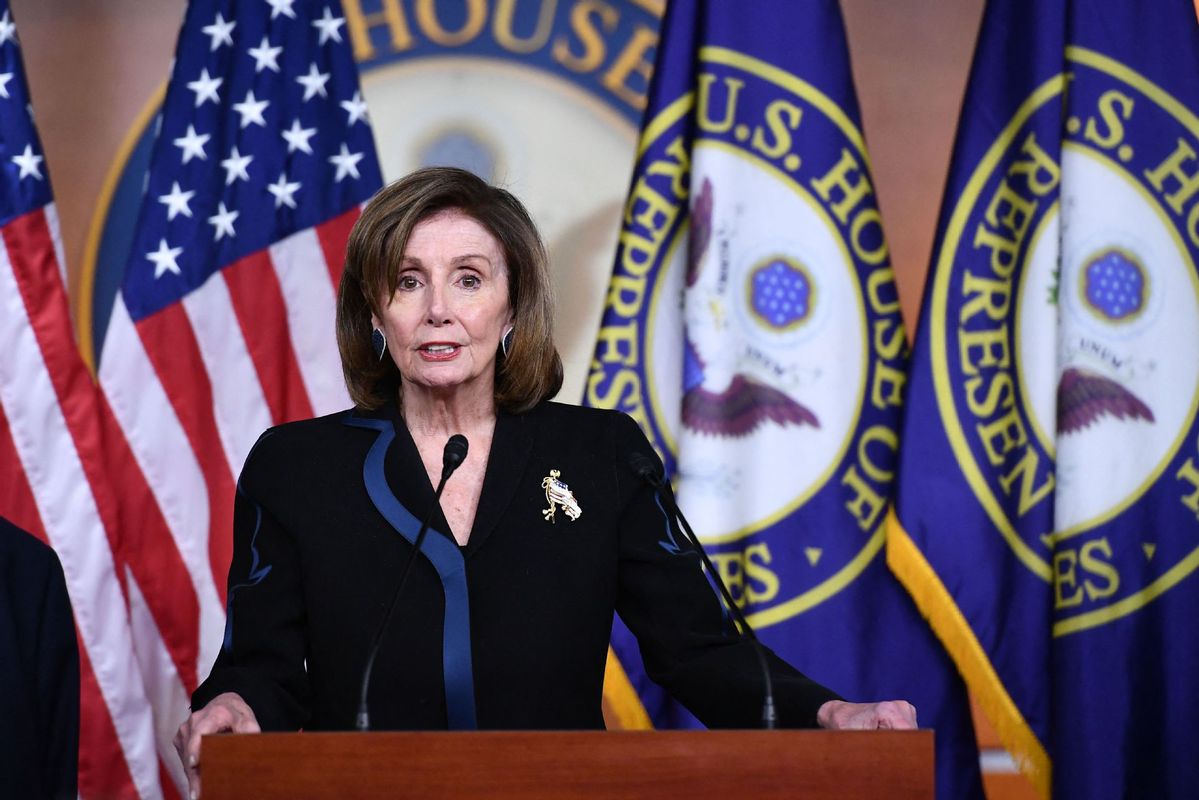US' attempts to use Taiwan as pawn will fail
By Seymur Mammadov | chinadaily.com.cn | Updated: 2022-08-05 13:39

The visit of the US House Speaker Nancy Pelosi to Taiwan was the first visit by an American politician of this rank in the past 25 years. It is clear that this was an outright provocation, a challenge to the mainland.
In recent years, the United States has been increasingly and more persistently provoking China. Previously, it was the “Belt and Road” theme, which the United States tried to present as a project deliberately imposed by China on countries along the Silk Road in order to make them economically dependent on Beijing. Then there was the issue of the Uygur people, who are allegedly oppressed by the central authorities. All these topics did not receive the expected attention and were rather dismissed, so they could not serve for an extensive provocation.
Taiwan is different. There is a wide field of activity for the US there. After all, the main goal is not human rights and other demagoguery, but a real opportunity to provoke the mainland into confrontation. The US is well aware that Taiwan is an inalienable part of China, that the Taiwan question is the most important and sensitive one in China-US relations.
Nancy Pelosi's visit to Taiwan demonstrated that the United States is still sticking to its previous policy on the Taiwan question, using the region as a bargaining chip to draw the mainland into an armed confrontation with Taiwan.
The US government has always pursued a policy of long-term arms sales to Taiwan, and no US president, Reagan or Eisenhower, has ever given up on the island's arms pumping policy. Today, the “Taiwan card” in US foreign policy continues and has intensified in order to contain China's economic growth. What the US does not understand, however, is that China is too big to be ignored, too powerful economically and militarily to be pressured.
The whole world, and Washington in particular, recognize that there is only one China in the world. After the PRC joined the United Nations, Taiwan which was a member of the organization in the status of a part of China, was expelled from the UN. However, the United States, having recognized the one-China principle, did not expect that in a few decades this country would turn into an economic giant, a nuclear power, one of the richest countries in the world.
Fearing attacks from Republicans, US president Joe Biden first tried to block Pelosi's visit to Taiwan, citing military leaders rather than his own authority. But Biden's failure to prevent the trip indicates both systemic crisis and weakness.
Pelosi needed a provocation in order for her party to win the election. It was vital for the head of the House of Representatives of Congress to show that the Democrats are capable of taking “tougher” steps against China than the Republicans. However, it is doubtful that this move will bring dividends to the Democrats. Rather, everything will be exactly the opposite, because, first, China is not the number one topic for American society (we are not talking about politicians). And second, the confrontation with the China has already cost a lot to the American economy and the economies of the US allies.
The United States is well aware of the importance China attaches to US-China relations, but does not openly acknowledge this. China, of course, would like to restore Sino-US relations and even improve them. But the United States must understand and accept once and for all one truth: Beijing does not and will not have space to maneuver on the Taiwan question. China will never back down from its one-China principle position on Taiwan, and attempts to use the Taiwan question to contain China are doom to fail.
Seymur Mammadov is the director of the international expert club EurAsiaAz and editor-in-chief of Azerbaijan news agency Baku Tribune.
The opinions expressed here are those of the writer and do not necessarily represent the views of China Daily and China Daily website.
If you have a specific expertise, or would like to share your thought about our stories, then send us your writings at opinion@chinadaily.com.cn, and comment@chinadaily.com.cn.
























